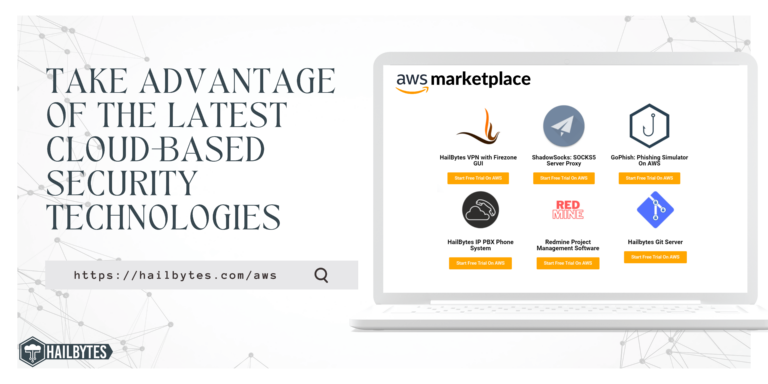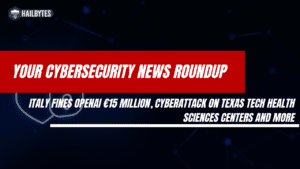How MFA Can Protect Your Business

Introduction
Multi-factor authentication (MFA) is a security process that requires users to provide two or more pieces of evidence to verify their identity before being granted access to a system or resource. MFA adds an extra layer of security to your business by making it more difficult for attackers to gain unauthorized access to your systems and data.
There are many different types of MFA, but the most common ones use a combination of something you know (like a password), something you have (like a security token), and something you are (like a fingerprint). When you use MFA, you are first prompted to enter your username and password. Once you have done that, you are then prompted to provide a second factor of authentication. This could be a code sent to your phone, a push notification, or a fingerprint scan.
How MFA Can Protect Your Business
MFA is an effective way to protect your business from a variety of cyberattacks, including:
- Phishing attacks: Phishing attacks are one of the most common ways that attackers try to gain access to your systems and data. In a phishing attack, the attacker sends you an email or text message that looks like it is from a legitimate source, such as your bank or credit card company. The email or text message will often contain a link that, when clicked, will take you to a fake website that looks like the real website. Once you enter your username and password on the fake website, the attacker can steal them and use them to access your account.
- Password attacks: Password attacks are another common way that attackers try to gain access to your systems and data. In a password attack, the attacker will try to guess your password or use a brute force attack to try every possible combination of letters, numbers, and symbols until they find your password. MFA makes it much more difficult for attackers to guess your password, because they will also need to know the second factor of authentication.
- Man-in-the-middle attacks: In a man-in-the-middle attack, the attacker intercepts your communications between your computer and the server you are trying to connect to. This allows the attacker to see your username, password, and any other data that is being transmitted. MFA makes it more difficult for attackers to perform man-in-the-middle attacks, because they will also need to know the second factor of authentication.
MFA is an essential security measure that can help to protect your business from a variety of cyberattacks. If you are not already using MFA,We encourage you to implement it as soon as possible.
Here are some additional benefits of using MFA:
- Reduces the risk of data breaches: MFA can help to reduce the risk of data breaches by making it more difficult for attackers to gain unauthorized access to your systems and data.
- Increases employee productivity: MFA can help to increase employee productivity by reducing the time that is spent on password resets and other security-related issues.
- Meets compliance requirements: Many industry regulations, such as HIPAA and PCI DSS, require businesses to implement MFA. By implementing MFA, you can help to ensure that your business is compliant with these regulations.
Conclusion
If you are looking for a way to improve the security of your business, We encourage you to consider implementing MFA. MFA is an effective way to protect your business from a variety of cyberattacks and can help to reduce the risk of data breaches, increase employee productivity, and meet compliance requirements.






